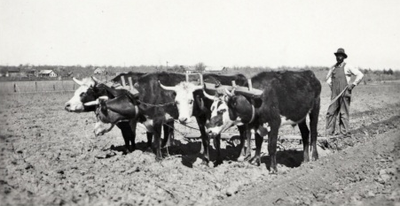History
Park History
Atlanta State Park sits on 1,475 acres along the southern shores of Wright Patman Lake in Cass County. The lake is in northeast Texas, southwest of Texarkana.
The U.S. Army Corps of Engineers oversaw the impoundment of the Sulphur River to create the lake. Construction of the lake’s dam began in 1948 and finished in 1953. The lake covers 20,300 acres with an average depth of 7.6 feet. It has 170 miles of shoreline.
The lake was originally known as Lake Texarkana. It was renamed in the 1970s to honor Wright Patman, a longtime congressman from East Texas.
Texas entered into a lease with the Department of the Army in 1954 to establish a public park on the lake’s shore.
Area History

Daily life in a Caddo village. Artist: Nola Davis, TPWD.
This area has a rich cultural heritage. The Sulphur River, with its abundant resources, has attracted humans for thousands of years. It still does.
Archaeologists have found signs of human occupation and settlement here beginning more than 12,000 years ago. Throughout most of this time, the inhabitants were nomadic hunters and gatherers, living off of the bounty of the river corridor.
Between 2,000 and 1,200 years ago, the ancestors of the Caddo settled in this part of Texas. Caddo were the dominant culture in the region. They grew crops, crafted fine ceramic vessels and made stone tools using local resources.
After the 1830s, Anglo settlers discovered the area. They were farmers, also, producing cotton, corn and hogs into the early 20th century. Signs of these settlers remain in the park, in the form of traces, or wagon roads. The Bobo Ferry trace once led to a ferry crossing on the Sulphur River. Visitors can see other old, unnamed traces in the park. Wagon and horse traffic wore down some of these roads more than 3 feet deep.
Mid-20th century cotton farmer. Photo courtesy of TxDOT.
The economy shifted to cattle and timber by the middle of the 20th century. Agriculture and timber sales drive the economy today. Local businesses in nearby communities play a part, too.
Find more information on the history of this area:
- Texas Beyond History: Tejas: Life and Times of the Caddo
- Texas Beyond History: Upper Nasoni
- Just for Kids: Living Off the Land

